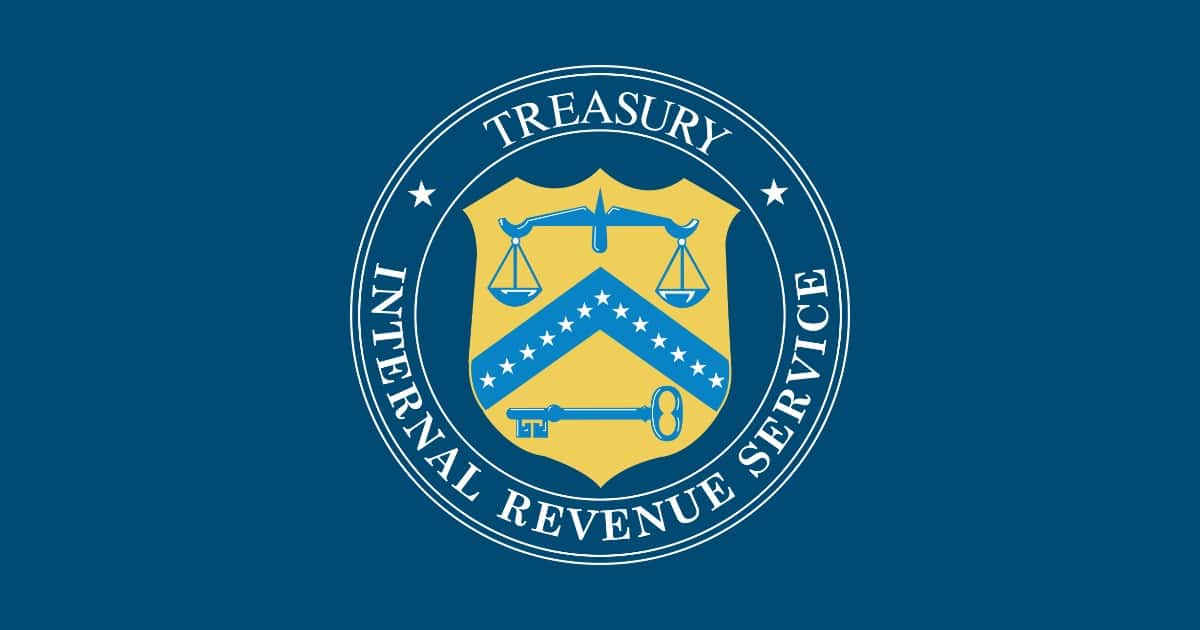A court order is forcing the FCC to once again ask the public’s opinion on whether gutting net neutrality was a good idea. And just like last time, the agency is doing everything possible to distract, deflect, and defend.
In a reminder of just how petty federal telecoms regulation has become, the FCC can’t even take this implicit rebuke professionally. And so it attempted to hide the reality of the situation by flooding its announcements website on Wednesday with suddenly important news and describing the public comment period in the most obscure terms possible.






















